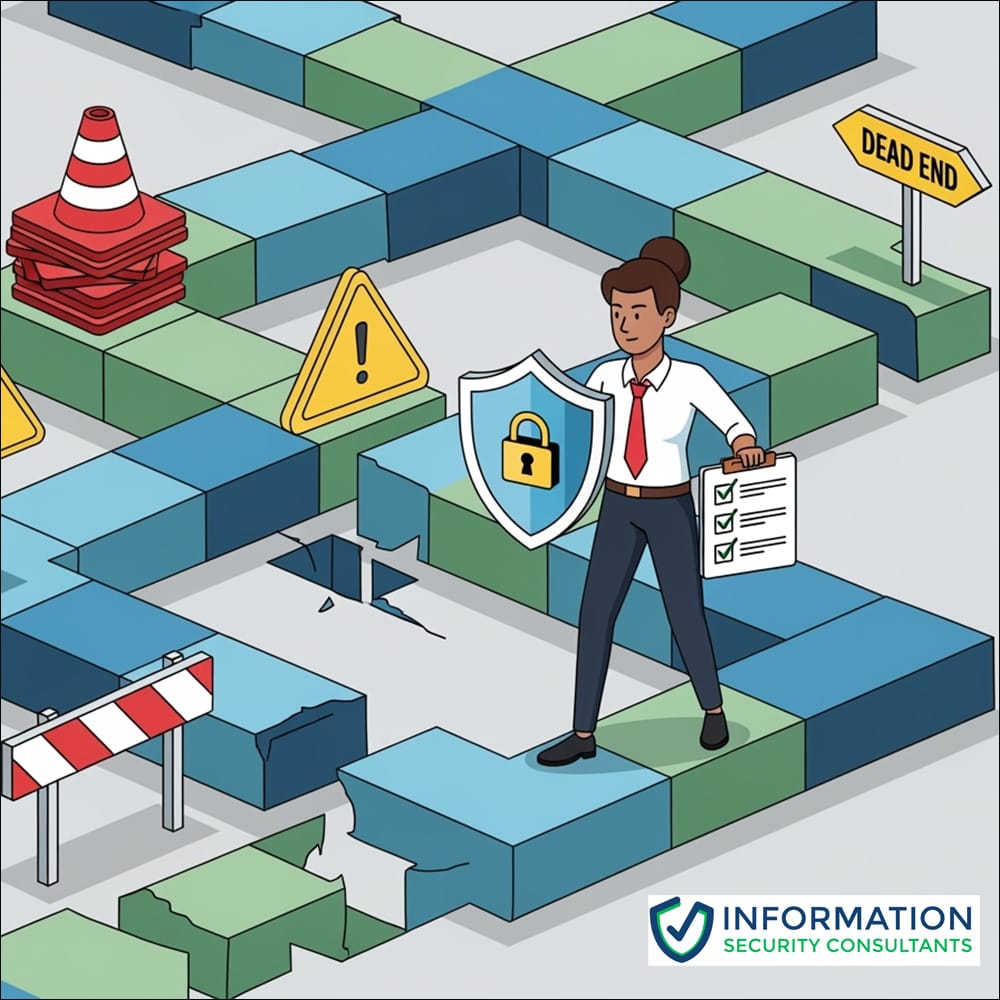How to Build a Security-Aware Culture in Your Organisation
Technology alone won’t keep your business safe. The real strength of your information security posture lies with your people. Building a security-aware culture means every staff member, from the front desk to the boardroom, understands their role in protecting your organisation’s sensitive data. Here’s how Aussie businesses can make security second nature.
1. Lead by Example
Security awareness starts at the top. When leadership prioritises information security—by following policies, attending training, and communicating its importance—staff are far more likely to take it seriously. Make it clear that security is everyone’s responsibility, not just something for the IT team.
2. Make Training Relevant and Ongoing
A one-off training session won’t cut it. Run regular, engaging sessions tailored to different roles in your business. Focus on real-life scenarios, like phishing emails, social engineering, and safe password practices. Keep it practical, use plain English, and draw on examples that resonate with your team.
3. Integrate Security into Everyday Work
Security shouldn’t feel like a chore. Embed good security practices into daily routines—whether it’s locking screens, reporting dodgy emails, or using secure file-sharing tools. Make it as easy as possible for staff to do the right thing.
4. Encourage Open Communication
Create an environment where staff feel comfortable reporting mistakes or potential threats without fear of being blamed. Mistakes happen—what matters is how quickly and effectively you respond. Recognise and reward team members who show good security behaviour.
5. Share Real-World Stories
People remember stories more than stats. Share anonymised examples of recent cyber incidents (from your industry or the news) to highlight the risks and reinforce the importance of staying vigilant. Discuss what went wrong, what could’ve been done differently, and how your team can avoid similar traps.
6. Make Security Personal
Show your team how good security habits protect not just the business, but also their personal lives—like keeping their bank accounts or social media safe. When security feels relevant, people are more likely to pay attention.
7. Regularly Review and Improve
Check how effective your security culture is. Use surveys, quizzes, or simulated phishing exercises to spot knowledge gaps. Celebrate improvements and address any weaknesses with targeted follow-ups.
8. Use Clear Policies and Procedures
Clear, concise policies set expectations and guide behaviour. Make sure your information security policies are straightforward and easy to find. Review and update them regularly to keep up with changes in technology and the way you do business.
Safe Culture
A security-aware culture is one of the best ways to defend against cyber threats. By making security everyone’s business, you empower your people to be your strongest line of defence. ISC can help you develop practical training programs, easy-to-follow policies, and ongoing awareness initiatives to keep your business secure.
Ready to strengthen your security culture?
Get in touch with Information Security Consultants (ISC) for practical support and expert advice.
Phone: 1300 887 463
Email: info@iscau.com





